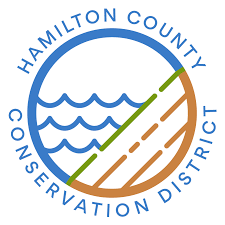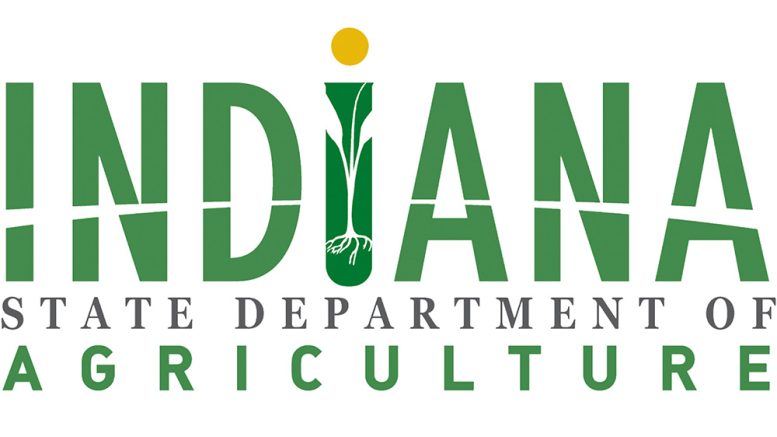The Indiana State Department of Agriculture and the State Soil Conservation Board awarded $2,313,287 in matching grant funds to 26 projects within soil and water conservation districts (SWCDs) and soil health organizations through the Clean Water Indiana program.
 Within Hamilton County, $70,900 was awarded to the Soil & Water Conservation District (SWCD).
Within Hamilton County, $70,900 was awarded to the Soil & Water Conservation District (SWCD).
The Hamilton County Invasive Partnership (HIP) is the Cooperative Invasive Species Management Area (CISMA) for the county and is fully administered by the SWCD. Created in 2019, HIP has a demonstrated record of successfully implementing educational projects, volunteer workdays and delivering technical assistance.
The project outlined in this grant focuses on delivering the financial resources needed for landowners to initiate invasive species management efforts. This project also includes a series of educational efforts dedicated to specific messages for target audiences in the county.

Crouch
“Providing farmers and landowners with tools and funding to keep our Indiana waterways clean and their soil structure healthy is key to keeping Indiana agriculture thriving,” said Lt. Gov. Suzanne Crouch, who also serves as the Secretary of Agriculture and Rural Development. “This funding will allow 48 organizations across 26 projects to improve their local water systems, keep their soil healthy and keep their communities thriving. Last year’s increase in Clean Water Indiana funding from the general assembly is already making a lasting impact.”
The Clean Water Indiana program is administered by the state’s soil conservation board. The program, led by the Indiana State Department of Agriculture (ISDA), provides financial assistance to landowners and conservation groups that are working to reduce runoff from non-point sources of water pollution, whether it’s on agricultural land, urban areas, or eroding streambanks.
Once received, districts can use the funds to partner with other counties or address specific needs within their jurisdiction. Some examples include participating in a cost share program, hiring staff, providing technical assistance, implementing cover crop incentive programs, or increasing watershed capacity.
Gene Schmidt is chair of the State Soil Conservation Board and is looking forward to seeing the work done on the grassroots level by the soil and water districts. The Clean Water Indiana Grants Committee is Ray Chattin, Brad Dawson, and Jane Hardisty.
Clean Water Indiana (CWI) is managed by ISDA’s Division of Soil Conservation and funded by a portion of the state’s cigarette tax. Projects can be up to three years in length and grantees could apply for any dollar amount that was necessary to complete the project. Funded projects ranged from $10,000 to $300,000. In addition to CWI funds, each grantee is required to produce a match for their project, which can be cash or in-kind. Projects requesting staffing were required to have a 25 percent match for that component, while all other project areas required a 50 percent match.

